What minerals within the grain samples from asteroid Ryugu that returned to Earth can teach scientists about this intriguing asteroid and the rest of the s | Space


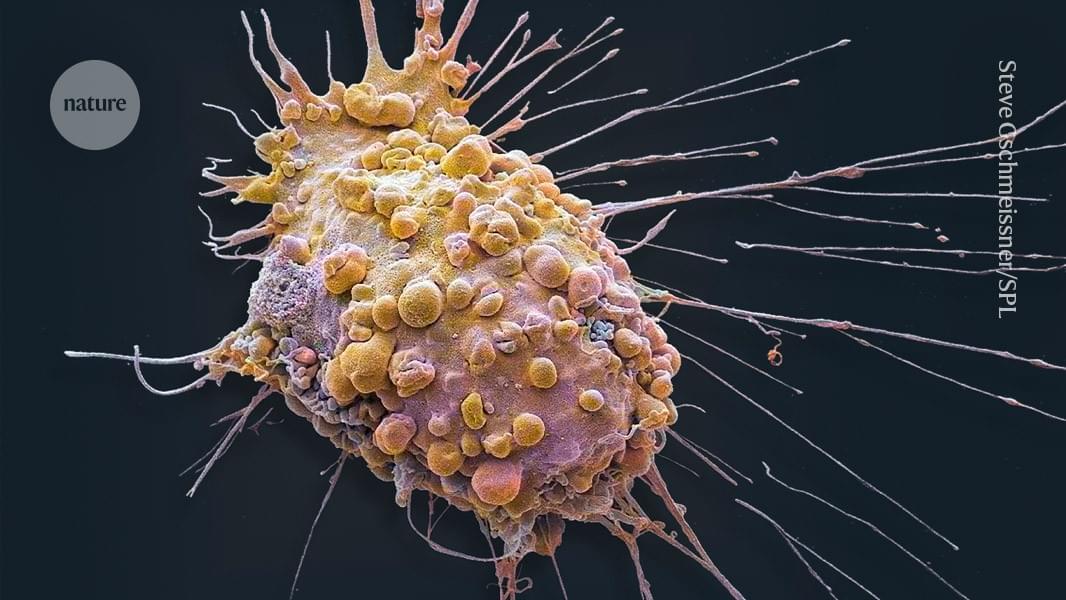

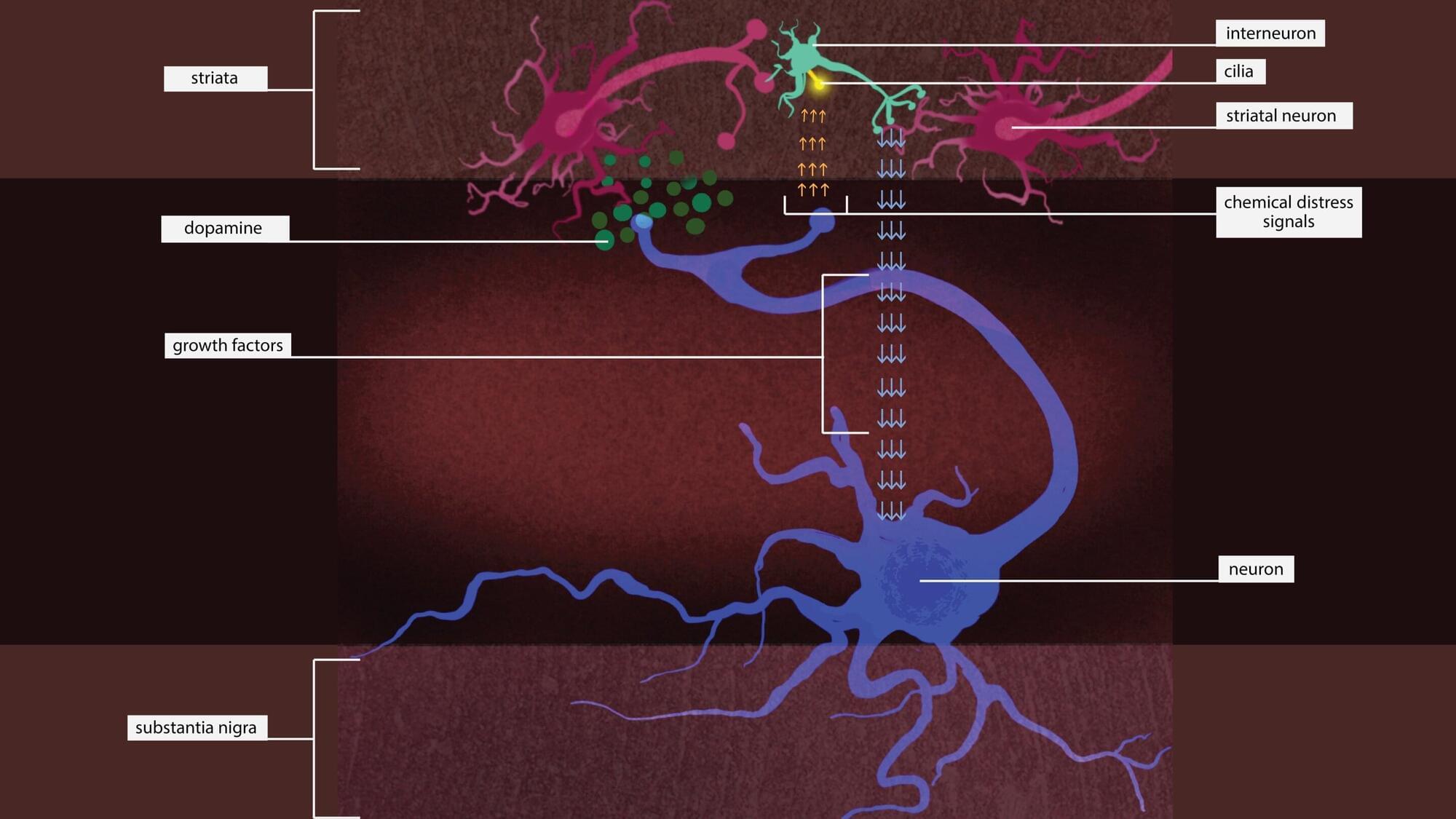
Putting the brakes on an enzyme might rescue neurons that are dying due to a type of Parkinson’s disease that’s caused by a single genetic mutation, according to a new Stanford Medicine-led study conducted in mice.
The study has been published in Science Signaling.
The genetic mutation causes an enzyme called leucine-rich repeat kinase 2, or LRRK2, to be overactive. Too much LRRK2 enzyme activity changes the structure of brain cells in a way that disrupts crucial communication between neurons that make the neurotransmitter dopamine and cells in the striatum, a region deep in the brain that is part of the dopamine system and is involved in movement, motivation and decision-making.
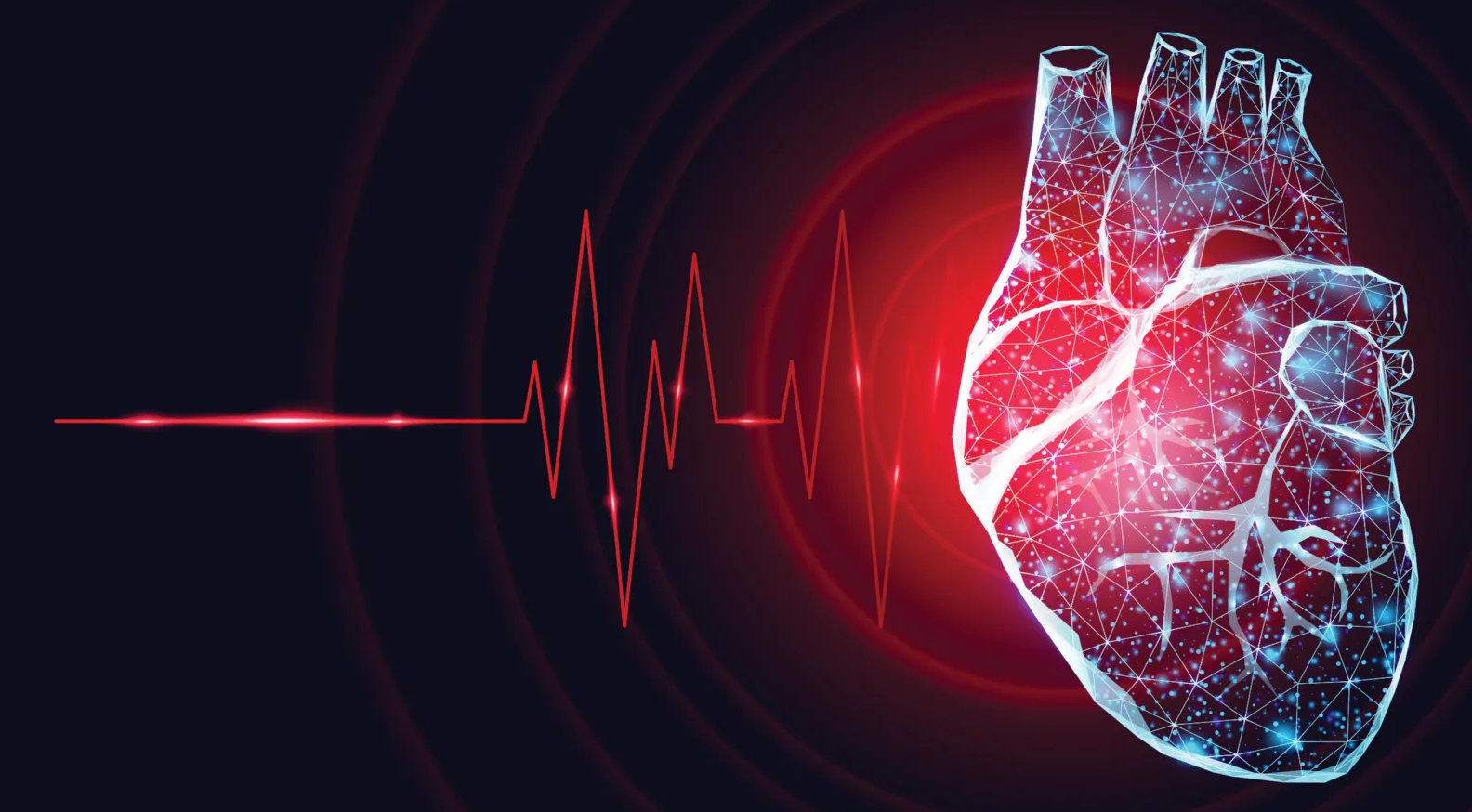
Researchers at UT Arlington have discovered a key enzyme, IDO1, that when blocked, helps immune cells regain their ability to properly process cholesterol—something that breaks down during inflammation. This breakthrough could offer a powerful new way to fight heart disease, diabetes, cancer, and more. By “turning off” this enzyme, the team restored cholesterol absorption in macrophages, potentially stopping disease at the source. Even more promising, they found a second enzyme, NOS, that makes things worse—raising hopes that targeting both could pave the way for transformative treatments for millions suffering from inflammation-driven conditions.

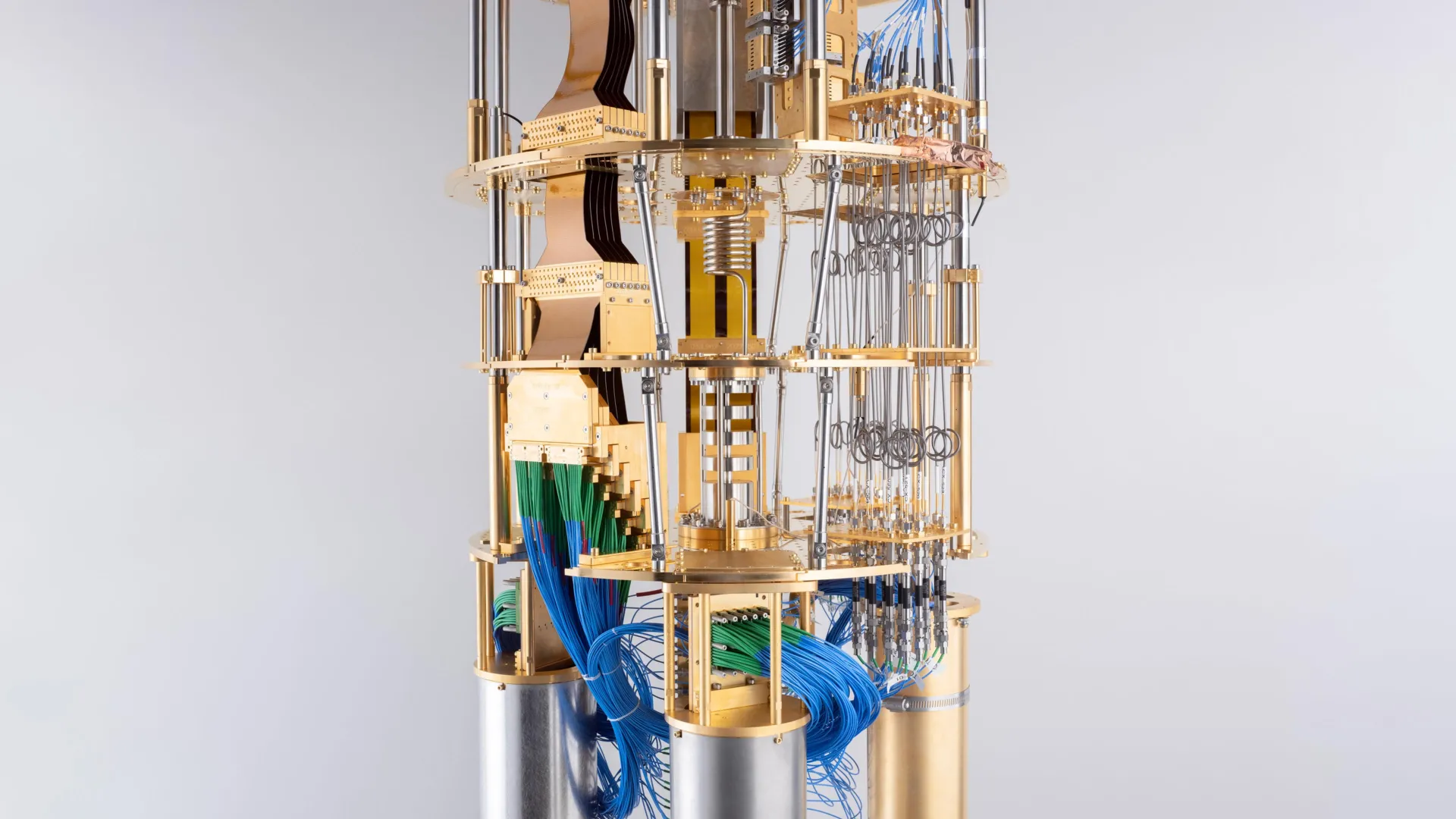
A research team has achieved the holy grail of quantum computing: an exponential speedup that’s unconditional. By using clever error correction and IBM’s powerful 127-qubit processors, they tackled a variation of Simon’s problem, showing quantum machines are now breaking free from classical limitations, for real.
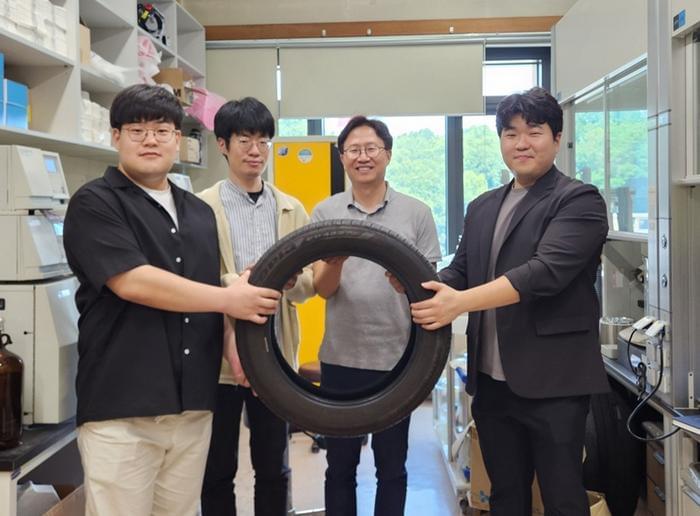


CGT manufacturers need to get better at gathering process data to move manufacturing into the digital age according to a new study [Reptile8488/Getty Images]
Cell and gene therapy (CGT) production will only enter the digital age when the industry gets better at gathering process data, according to researchers, who say closed systems and advanced monitoring technologies will be vital.
Unlike in pharma, the fourth industrial revolution has not reached the CGT sector, according to Aleksander Szarzynski, a researcher at the Vienna University of Technology and co-author of a new study looking at cell and gene therapy production.